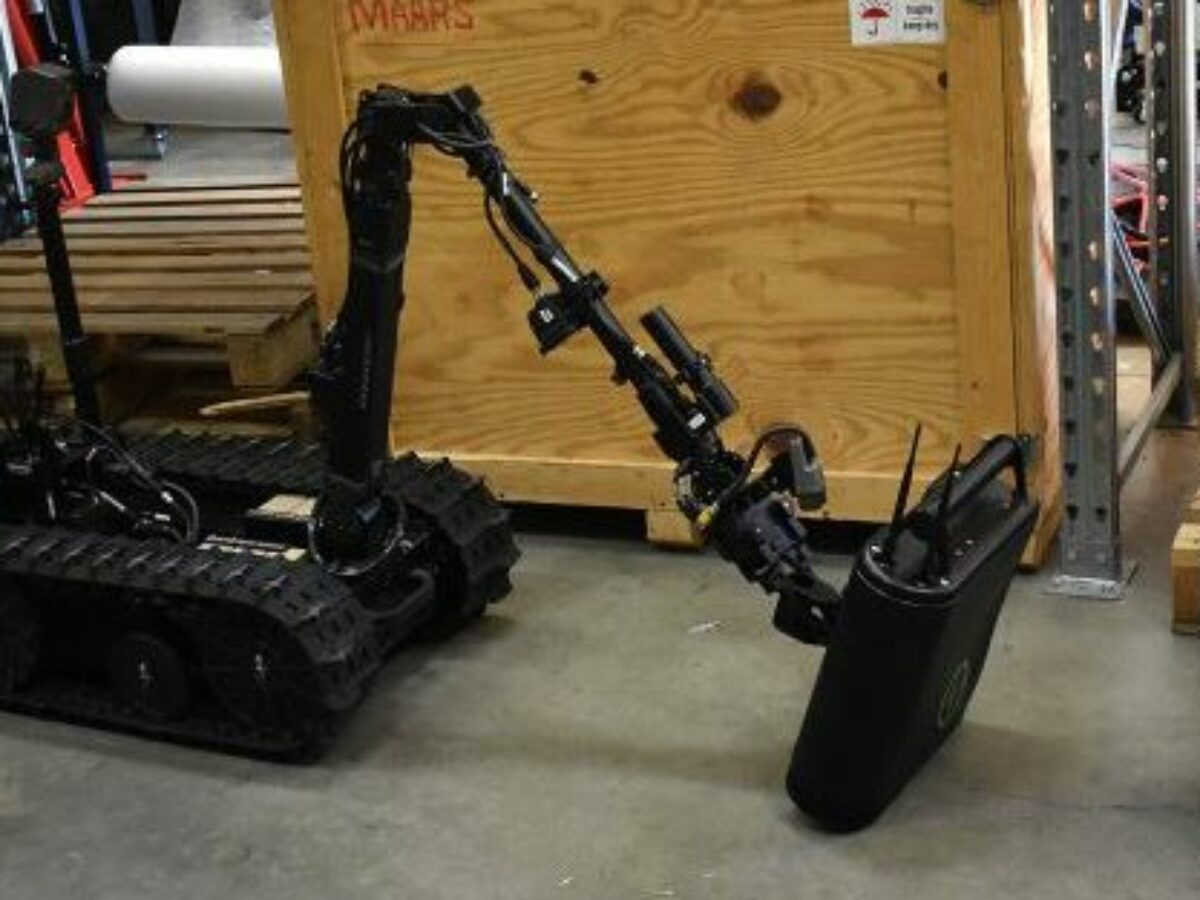Micro-X bids to supply defence IED X-ray camera

Carbon fibre nanotube X-ray emitter manufacturer Micro-X has formally offered its lightweight, rugged X-ray imager to detect improvised explosives devices (IEDs) to the Australian Defence Force.
The company told investors that it had submitted a formal tender to supply its Argus IED X-ray camera (pictured) under Defence’s JP154 porcurement programme.
The equipment incorporates a new-generation Columbus X-ray tube which utilises a carbon fibre nanotube array to generate X-rays rather than hot cathode systems in use for more than a century.
The IED X-ray utilises backscatter imaging technology to detect threats such as bombs, drugs, and other organic material, with operators able to study images from a safe distance.
Micro-X said it had resolved ‘manufacturing and high voltage issues’, system integration processes had commenced and the first Argus units now being tested.
“Subject to staisfactory performance during this validation phase, the Argus unit incorporating voice of customer inpurt is planned to be available to be trialled by customers in the third quarter of CY2023.”
Pre-launch marketing is continuing.
Micro-X is also pushing ahead with two externally funded research projects – the development of a point of care CT stroke scanner and the Checkpoints miniature baggage scanner and self service airport checkpoint.
During the half year Micro-X received funds from the Australian Stroke Alliance of $2.3 million and the US Department of Homeland Security of $1.3 million for these projects.
The company also received $3.9 million under the R&D tax incentive, and revenues of $1.6 million from its flagship mobile X-ray equipment.
Further reading:
MICRO-X POISED TO RELEASE IMPROVISED EXPLOSIVE DEVICE IMAGER
MICRO-X FINALISES CONCEPT FOR SELF-SERVE AIRPORT PASSENGER CHECKPOINT
Picture: Micro-X
Topics Manufacturing News Technology
@aumanufacturing Sections
Analysis and Commentary Awards Defence Manufacturing News Podcast Technology Videos






